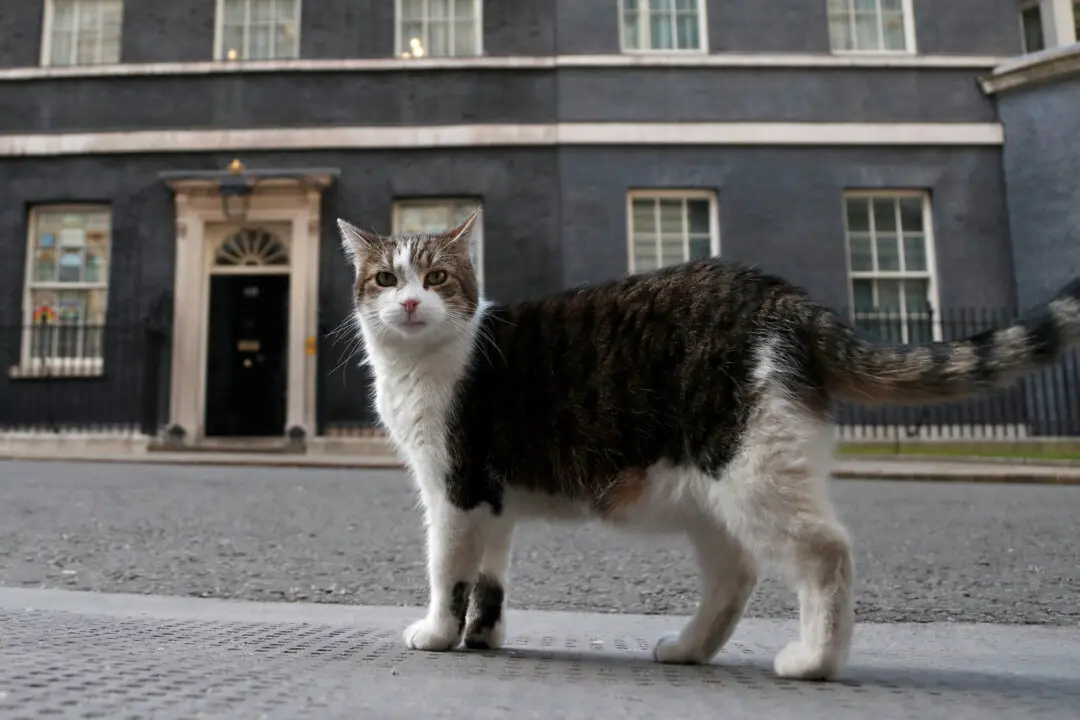BANGKOK—Thai prosecutors said Monday that further investigation is needed to decide whether to bring former Prime Minister Thaksin Shinawatra to trial for defaming the monarchy, just a day after he was freed from a prison sentence on other charges he was serving in a hospital.
Mr. Thaksin was released on parole Sunday from the hospital in Bangkok where he spent six months serving time for corruption-related offenses. He had been in self-imposed exile since 2008, but returned to Thailand in August last year to begin serving an eight-year sentence.





